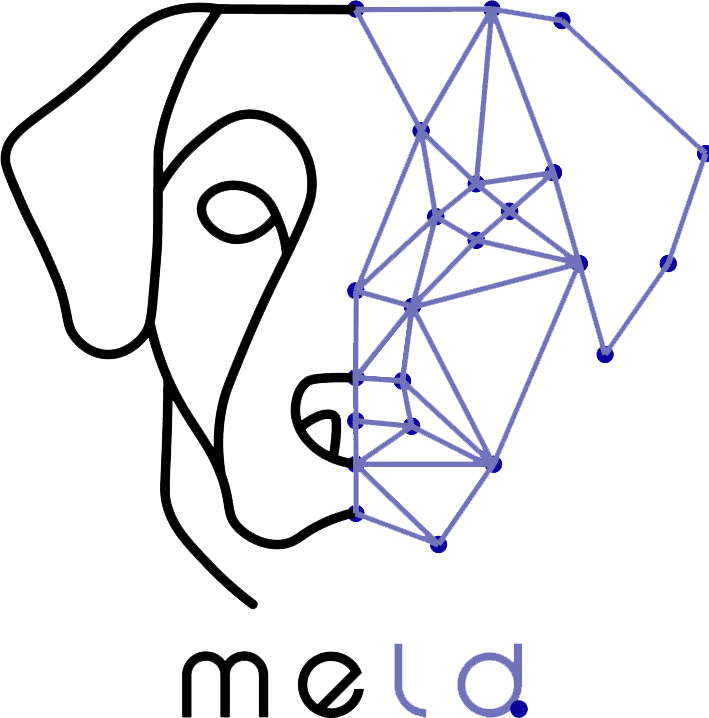This exploratory study investigates how technology, particularly AI, can support dog shelters in behavioral assessment, addressing challenges such as understaffing, overcrowding, limited budgets, and high euthanasia rates often linked to behavioral problems. The research, based on semi-structured interviews with nine shelter officials in Israel, aimed to understand their perceptions and attitudes towards technological solutions and identify potential benefits and barriers to adoption. Preliminary results revealed mixed attitudes ranging from positive beliefs in technology’s potential to improve efficiency, to neutral due to a lack of understanding, and negative due to fear and distrust of machines making important decisions. Despite some concerns, the majority supported technological innovations. Participants envisioned specific applications of automated video tracking with AI, including monitoring for health issues (e.g., medical emergencies, eating/drinking patterns), welfare and stress levels, detection and monitoring of behavioral problems (e.g., separation anxiety, aggression, stereotypic behaviors), and analyzing dogs’ social behavior and interactions. The study highlights the need to address identified barriers, such as the lack of understanding among shelter professionals and distrust of AI, to promote the adoption of these solutions.
Non-Invasive Computer Vision-Based Fruit Fly Larvae Differentiation: Ceratitis capitata and Bactrocera zonata
This paper proposes a novel, non-invasive method using computer vision

